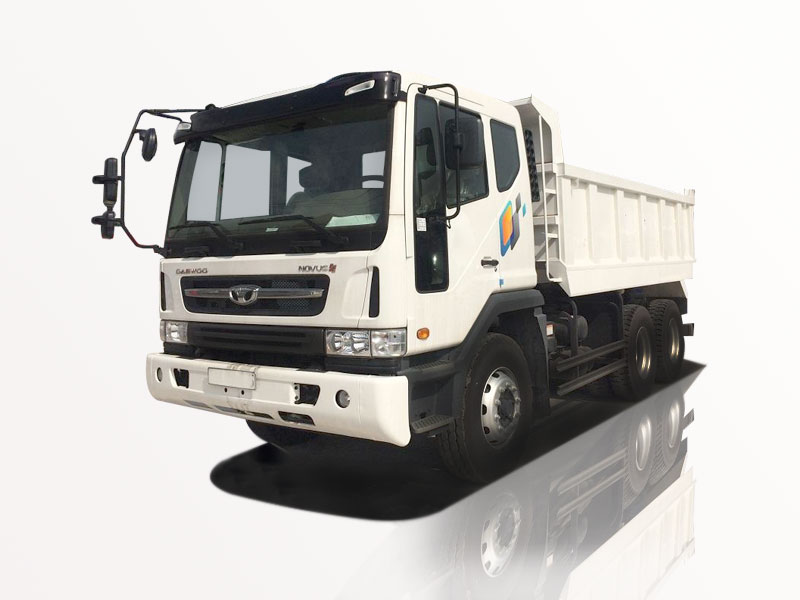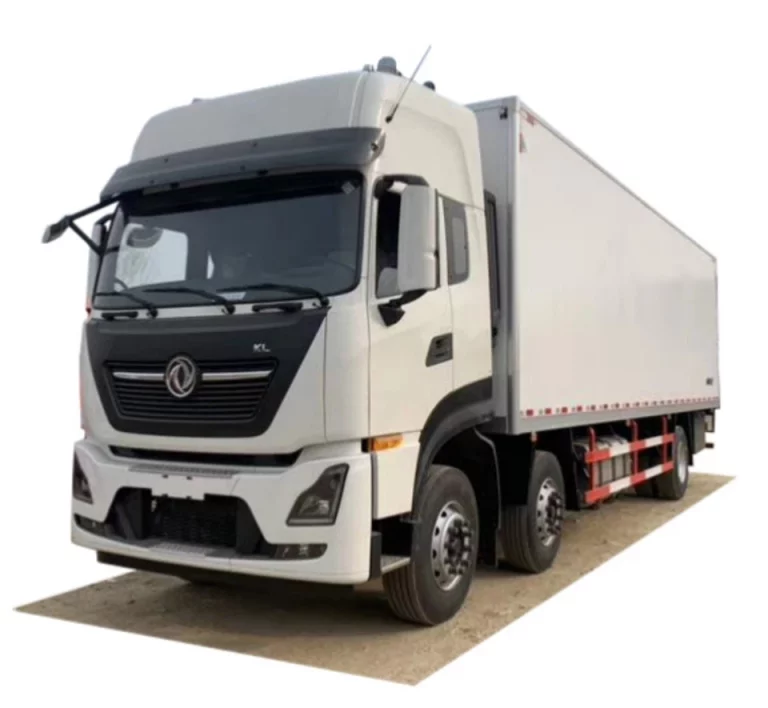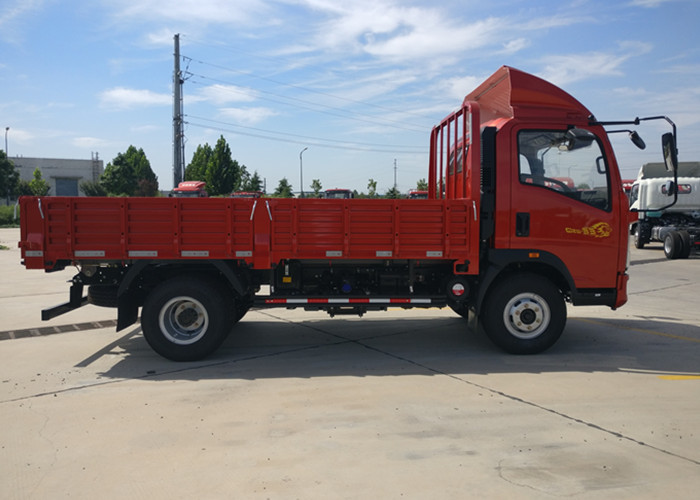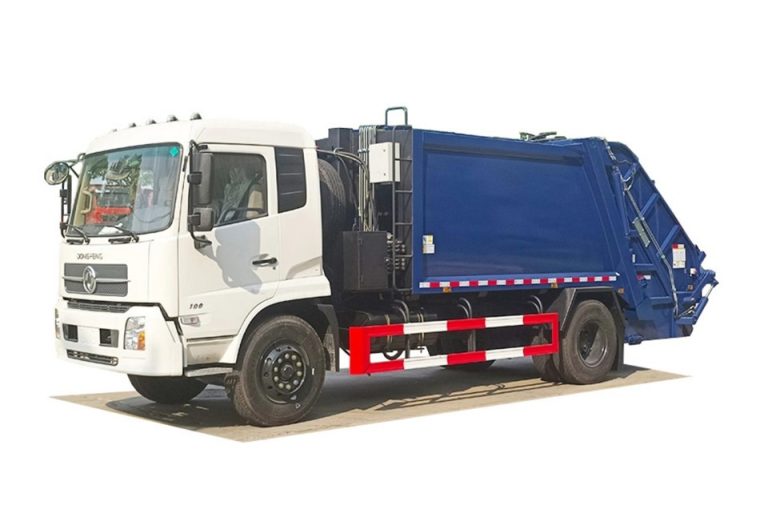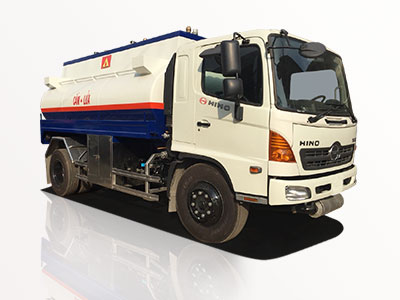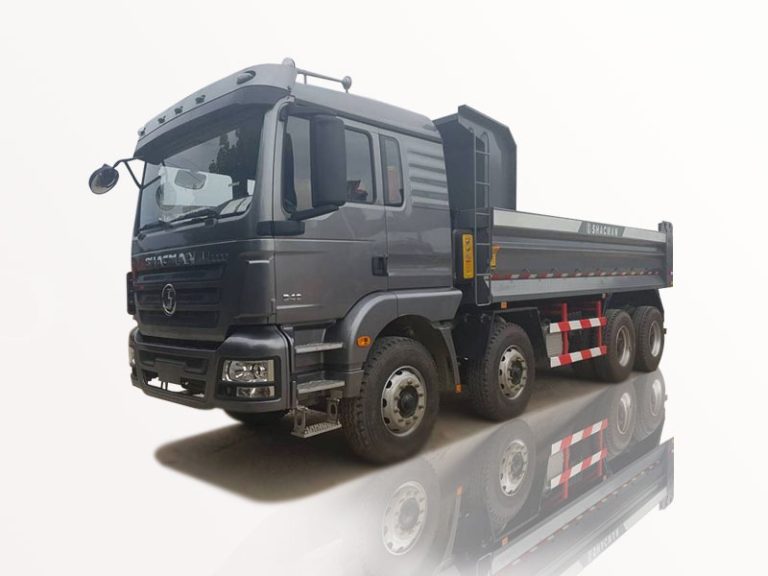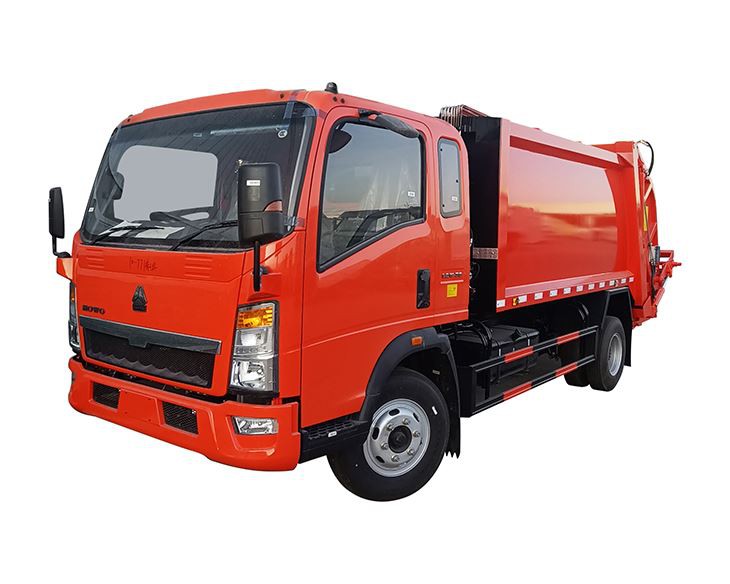The increasing demand for eco-friendly transportation methods in various sectors has led to the emergence of electric trash trucks as a viable solution for waste management. In recent years, municipalities and private waste management companies have adopted electric options, recognizing their benefits in sustainability, cost savings, and operational efficiency. This article will explore the electric trash truck landscape, delve into its advantages, challenges, and offer practical insights into this evolving field.
Understanding Electric Trash Trucks
Electric trash trucks, also known as electric refuse vehicles, are garbage collection vehicles powered by electric motors and batteries instead of traditional diesel or gasoline engines. These trucks aim to reduce carbon emissions, lower operating costs, and provide a quieter operation within urban environments.
How Do Electric Trash Trucks Work?
Electric trash trucks function by utilizing one or more electric motors powered by large battery systems. These motors drive the vehicle and operate auxiliary systems such as hydraulic lifts for waste collection. The batteries can be recharged using renewable energy sources, making these vehicles significantly greener than their fossil fuel-powered counterparts.
Components of Electric Trash Trucks
- Electric Motors: Provide the main power source for driving the truck.
- Batteries: High-capacity lithium-ion batteries store energy and power the electric motors.
- Charging Systems: Connections to charging stations for recharging batteries, which may include options for fast charging.
- Hydraulic Systems: Operate the compaction and lifting functions needed for waste collection.
Advantages of Electric Trash Trucks
Electric trash trucks offer a multitude of advantages that make them increasingly attractive to waste management companies and city planners.
1. Environmental Benefits
By operating on electric power, these trucks significantly lower greenhouse gas emissions compared to their diesel counterparts. This contributes to improved urban air quality and helps combat climate change.
2. Reduced Noise Pollution
Electric trash trucks operate much more quietly than diesel trucks, making them ideal for urban environments where noise reduction is essential, especially during early morning or late-night collection times.
3. Lower Operating Costs
While the initial investment for electric trucks can be higher, the lifetime operational costs tend to be lower. Electric vehicles typically require less maintenance, with fewer moving parts and lower fuel costs.
4. Enhanced Efficiency
Electric trash trucks can provide better torque and acceleration, allowing them to perform their duties more efficiently in city stop-and-go traffic.
5. Positive Public Perception
Employing electric trash trucks can enhance a city’s image, demonstrating a commitment to sustainability and innovation, which can improve community relations.
Challenges Facing Electric Trash Trucks
Despite their numerous advantages, electric trash trucks also face several challenges that need to be addressed for wider adoption.
1. Initial Costs
The upfront cost of electric trash trucks remains a significant barrier. The technology is still more expensive than traditional trucks, and many municipalities operate within strict budgets.
2. Range Limitations
Electric trucks typically have a limited range compared to diesel vehicles. Urban routes generally fit within these ranges, but longer routes can pose challenges.
3. Charging Infrastructure
The availability of charging stations is critical for the successful operation of electric trash trucks. Upgrading infrastructure to support these vehicles can be costly and time-consuming.
4. Battery Lifecycle and Replacement
Batteries need to be replaced after a certain number of charge cycles, and the disposal of old batteries raises environmental concerns, despite recycling options being available.
Real-World Examples of Electric Trash Trucks in Use
Several cities and companies have started successfully integrating electric trash trucks into their waste management systems.
1. Los Angeles, California
Los Angeles has embraced electric waste collection vehicles as part of its goal to reduce greenhouse gas emissions. They have introduced several electric trash trucks, contributing positively to the city’s air quality.
2. Seattle, Washington
Seattle has implemented electric refuse trucks in its fleet as part of its commitment to sustainability. The city reports significant reductions in emissions and noise levels in neighborhoods.
3. DHL’s Electric Delivery Vans
While not traditional trash trucks, DHL’s integration of electric delivery vehicles is noteworthy for showcasing the logistics and waste management sectors’ moves toward electrification, impacting operations positively.
4. Municipalities in Europe
Cities like Amsterdam and London have been adopting electric refuse vehicles as part of their commitment to electric public transportation, showing clear support for sustainable initiatives.
Best Practices for Implementing Electric Trash Trucks
For municipalities and companies considering electric trash trucks, certain strategies can enhance their transition to electric waste management.
1. Evaluate Routes and Requirements
Analyze waste collection routes and align them with the range of electric vehicles. Optimize routes to ensure efficiency and use renewable energy where possible.
2. Invest in Charging Infrastructure
Develop partnerships with charging station providers and ensure that infrastructure is robust enough to support the daily needs of electric fleets.
3. Train Staff Effectively
Education and training for operators are essential for maximizing the efficiency of electric trucks and ensuring they are maintained properly for longevity.
4. Monitor Performance and Emissions
Regularly track performance metrics and emissions reductions to validate the impact of electric trash trucks and adjust operations where necessary.
Future Trends in Electric Trash Trucks
The future of electric trash trucks is promising as technology continues to evolve and the necessity for sustainable solutions becomes increasingly critical.
1. Advancements in Battery Technology
Improvements in battery technology, including faster charging times, increased capacity, and longer lifespans, will play a crucial role in the widespread adoption of electric trash trucks.
2. Increased Government Incentives
Many governments are starting to offer financial incentives to encourage the switch to electric vehicles, which will significantly reduce the cost barrier for municipalities.
3. Integration with Smart City Initiatives
As cities develop smart infrastructure, electric trash trucks can be integrated with real-time analytics for improved efficiency in waste collection and environmental monitoring.
4. Move Towards Circular Economy
The shift toward a circular economy—where waste is minimized, and resources are reused—will further encourage the uptake of electric waste management solutions in urban settings.
Conclusion
Electric trash trucks represent a significant step toward a more sustainable future in waste management. By addressing the challenges and investing in the necessary infrastructure and technology, cities can transition to this eco-friendly alternative, paving the way for a cleaner environment. The integration of electric trucks in municipal fleets not only benefits the environment but also enhances operational efficiencies, leading to improved waste management systems globally.
Frequently Asked Questions (FAQ)
1. Are electric trash trucks more expensive than traditional trucks?
Yes, electric trash trucks generally have a higher upfront cost compared to traditional diesel models. However, they often have lower operating costs over time due to savings on fuel and maintenance.
2. How long does it take to charge an electric trash truck?
Charging times can vary based on the charging station and battery capacity, but it typically ranges from 4 to 8 hours for standard charging. Fast charging options can reduce this significantly.
3. What is the range of electric trash trucks?
The range of electric trash trucks varies by model and battery size, but they generally have a range of 60 to 100 miles on a single charge, suitable for most urban collection routes.
4. How are electric trash trucks maintained?
Electric trash trucks require less maintenance than diesel trucks due to having fewer moving parts. Regular checks on battery condition, electric motor, and hydraulic systems are necessary for optimal performance.
5. Can electric trash trucks operate in extreme weather conditions?
Yes, electric trash trucks are designed to operate in various weather conditions. However, extreme cold can affect battery performance and range, and proper insulation and battery management are essential for efficiency.
6. Are electric trash trucks a part of smart city initiatives?
Many municipalities are integrating electric trash trucks into their smart city initiatives, utilizing data and technology to optimize waste collection, improve route management, and enhance environmental sustainability.
